WATERVILLE — The growing number of Maine families living in poverty are not only more likely to be the victims of a home fire, but they also have a more difficult time recovering from them.
Stabilizing those whose lives are torn apart by a fire, flood or other natural disaster, including victims of superstorm Sandy, would require a massive restructuring of the public aid system, according to Charles Colgan, a professor of public policy and management at the University of Southern Maine’s Muskie School of Public Service.
One Waterville family living in poverty is still feeling the effects of an August fire that left them temporarily homeless.
Even before the blaze consumed the Spruce Street apartment rented by newlyweds Jeff and Janet White, they were struggling.
Jeff White, 37, a carpenter by trade, can’t work because of injuries stemming from a car accident 15 years ago when his back was broken. He’s used to working with his hands, hunting and fishing. Now he’s often frustrated by the injury.
“This isn’t me — just sit around the house all day long,” he said. “I tried to rake some leaves, and I was on my back for three days. I go out and putter for a little bit during the day and when I get hurting, I come back in.”
Janet White, 32, has worked only briefly since she first got pregnant in eighth grade. She’s spent most of her life raising children, who now range in age from 4 to 17. One son is receiving counseling for emotional and mental problems.
The Whites receive benefits totaling about $2,300 a month from an array of public aid programs, including Section 8 housing, Supplemental Nutrition Assistance Program, Temporary Assistance for Needy Families and Supplemental Security Income for the disabled.
A recent report from the University of Maine found that nearly 15 percent of Mainers are living in poverty, defined as earning annually less than $21,200 for a family of four, or $10,400 for an individual.
After getting married on the Fourth of July, the Whites were making small steps to get ahead. Janet White had begun saving toward a driving course so that she could get her license. Jeff White had scheduled a back surgery so that he could go back to work, where he could make as much as $25 an hour.
Risk of crisis
They didn’t know it, but the Whites were at an increased risk of having their home burn down, just by being poor.
Socioeconomic factors are the very best predictors of increased fire risk, according to an analysis published by the Federal Emergency Management Agency. The report says fires are two to three times as common in areas with high levels of poverty.
One reason is that poor families often live in older houses that are more susceptible to fire risks, such as faulty wiring.
A faulty wire is exactly what caused the fire that turned everything the White’s own, with the exception of a few wall hangings and Jeff White’s cellphone, to ash.
Immediately after the fire, the family spent two weeks in a hotel room. They focused on their immediate needs, such as clothing, the next meal and funding for the next night’s stay.
At that point, the Whites were in the “crisis” stage, according to Colgan.
“You get a crisis like this and you have so little in the way of spare resources in terms of money and time, you have to tend to the most immediate things,” he said.
The Whites are also typical in that, during this stage, they received a large amount of help from the community, with a combination of donations from individuals and charitable organizations paying for the hotel room.
Long-term consequences
Colgan said that in the wake of a fire, families usually are able to stay warm and fed.
“You get a very good short-term response through the local community. You see collection tins at the local stores; you see churches collecting money,” said Colgan.
But with so many resources addressing the immediate effects, the long-term consequences take the biggest toll.
“All of that really helps people in the initial aftermath of the event, but four or five months later, no one gives for that long,” said Colgan. “When those voluntary resources give out and the public sector gives out, you find people in exactly this situation.”
Colgan said many people have an out-of-date idea about what it means to be poor.
“It’s not like you live in a log cabin and then it burns down and you live in a tent until you can rebuild your cabin. We’re a long, long way from that era,” he said. “It’s a more complex society in which things like cellphones are needed because we have to stay in touch in ways that we never did before.”
Colgan said money for people in poverty “gets stretched so thin that they have to keep juggling needs and they get deeper and deeper into problems.”
Since the fire, the Whites’ money is being stretched more thinly than ever.
One problem is that they are still paying for decisions they made under the pressure of the crisis.
When they couldn’t afford to stay in the hotel anymore, they decided to use their cellphone bill money to pay for an extra night, a decision that has continued to cost them late fees ever since. Under renewed pressure to find an apartment, they signed a lease on the most affordable one they could find, which costs them $80 more a month than before.
In addition, they’re paying a new, $125-per-month bill for a rent-to-own washer and dryer set.
There are also problems with the new apartment’s location.
“If we go for a walk, we see dirty syringes there on the sidewalk,” Jeff White said, gesturing angrily. “At least throw it away so some kid isn’t going to pick it up and get stabbed and get HIV or something.”
The new location has also been devastating to the boy with emotional problems.
The boy “had all kinds of friends,” at the old home on Spruce Street, but is now at a distance from his friends.
“Ever since we’ve been living on this side of town, people have been picking on him,” Janet White said. She rattled off a list of incidents he’s faced. “He got punched in the face once, had his finger bent, got choked, people call him stupid.”
The fire’s traumatic effects are also lingering for the boy. He sometimes sleeps by the door now because he wants to be able to escape in the event of another fire.
“He hears a firetruck and he thinks it’s coming here,” Janet White said.
Perhaps worst of all, Jeff White contracted a cold that caused his back surgery to be canceled. Despite the family’s conditions, he hasn’t rescheduled because of his fears about being wheelchair-bound.
Solutions
Colgan said a real solution to situations like that of the Whites would require a major change to public aid.
One idea, Colgan said, is to build a disaster insurance component into the structure of public aid.
“There may be a need to re-conceive how we think about insurance for situations like this,” Colgan said. “Maybe the public sector needs to think about insurance on its own support systems for people in situations like this. “
In the modern world, people use insurance, he said, as “the ultimate backstop,” allowing a family to thrive despite a disaster.
If insurance were built into public aid, he said a devastating fire would trigger compensatory resources that could help the family to regain the lost ground.
Colgan predicted the problem will take on added significance in the coming months, as the long-term effects of superstorm Sandy are felt by families in New York and New Jersey.
“Sandy will do exactly the same thing that the fire did to the Whites, to tens of thousands of people up and down the East Coast,” he said.
Matt Hongoltz-Hetling — 861-9287
mhhetling@centralmaine.com
Send questions/comments to the editors.

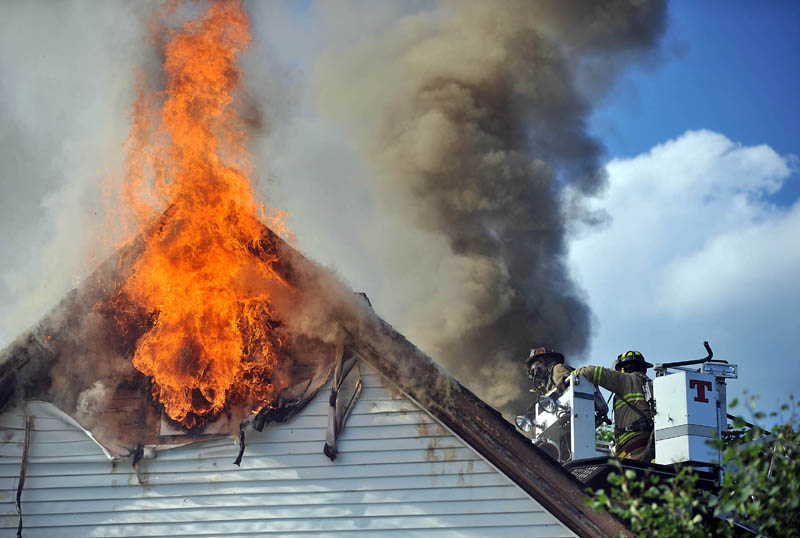
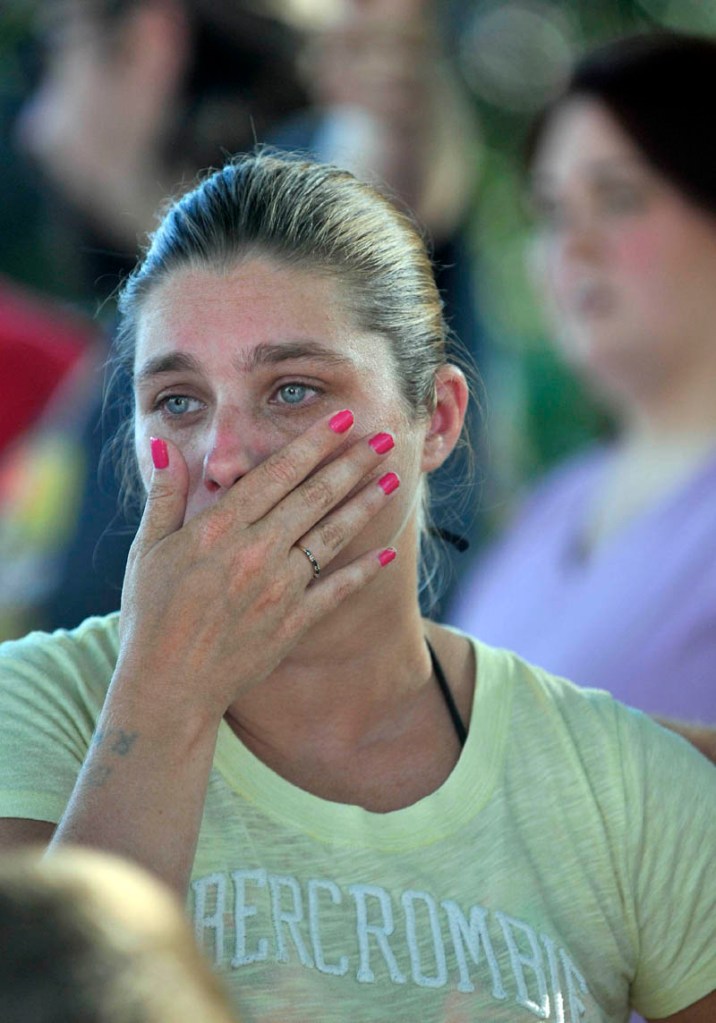
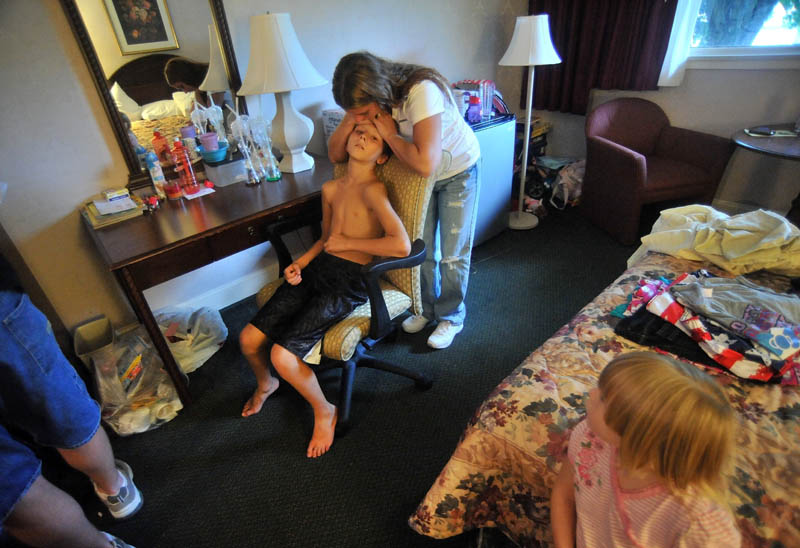
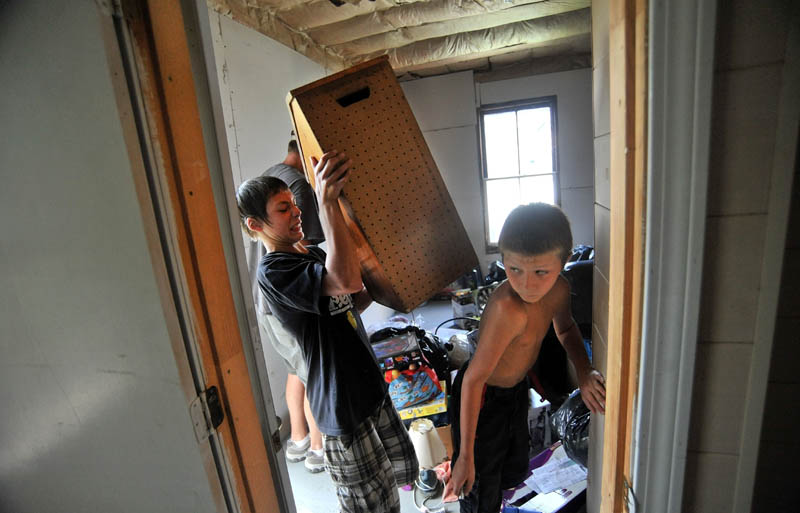
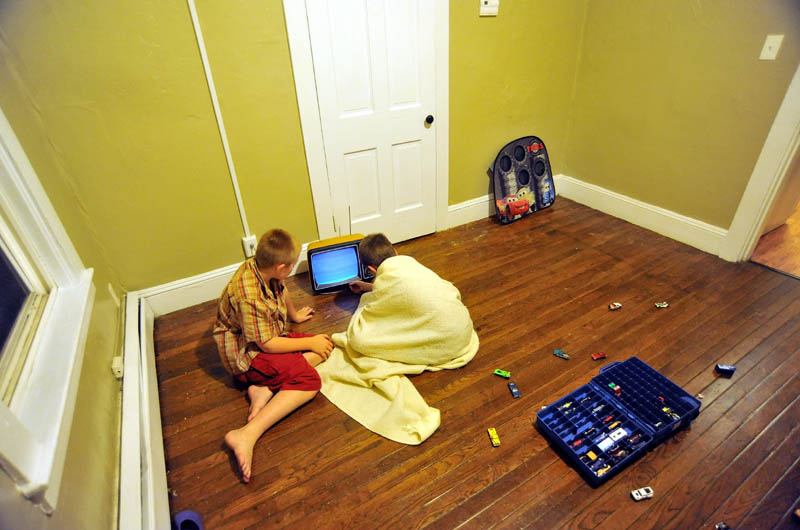
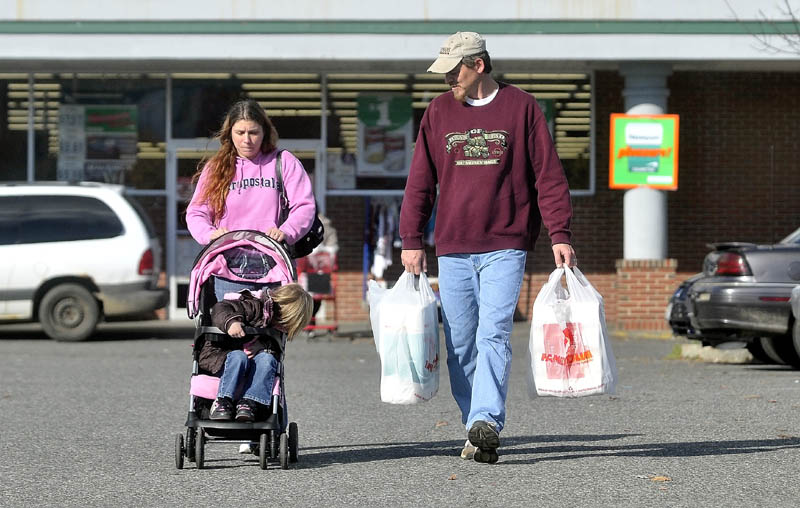
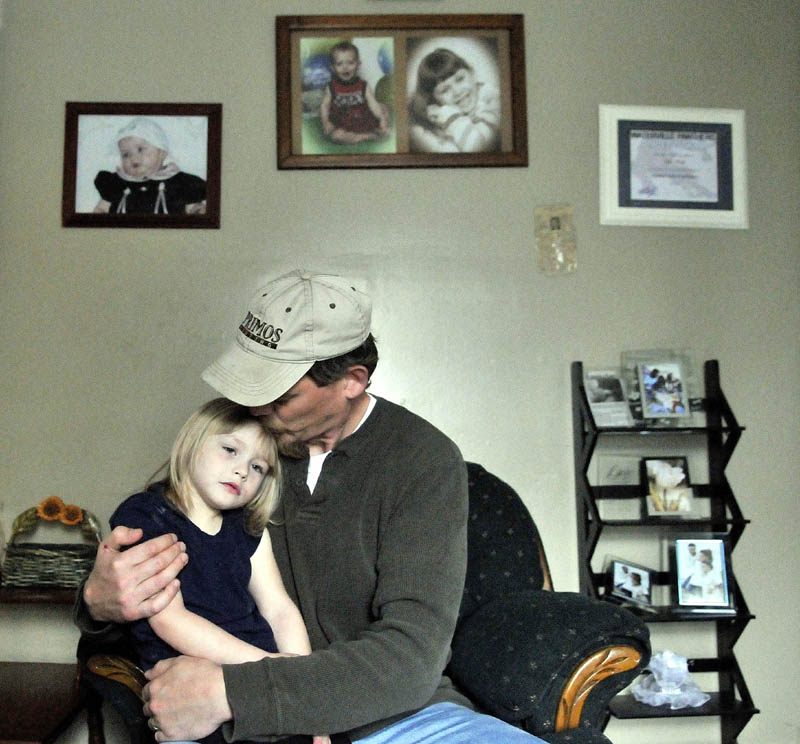

Success. Please wait for the page to reload. If the page does not reload within 5 seconds, please refresh the page.
Enter your email and password to access comments.
Hi, to comment on stories you must . This profile is in addition to your subscription and website login.
Already have a commenting profile? .
Invalid username/password.
Please check your email to confirm and complete your registration.
Only subscribers are eligible to post comments. Please subscribe or login first for digital access. Here’s why.
Use the form below to reset your password. When you've submitted your account email, we will send an email with a reset code.